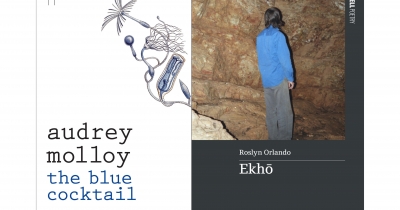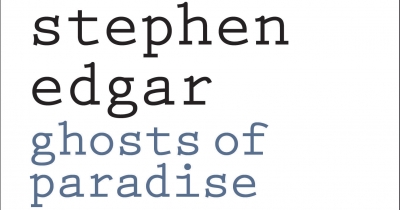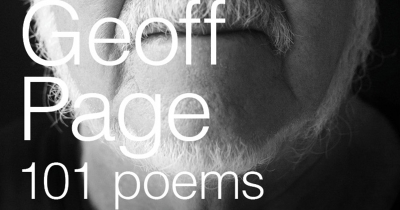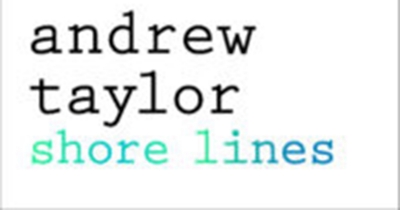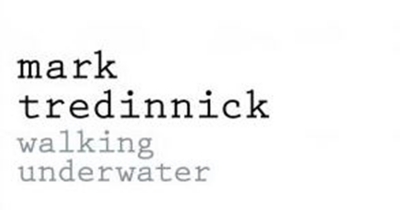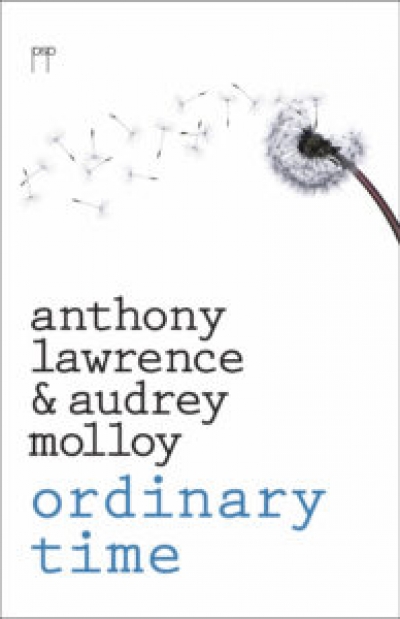With a title like Ghosts of Paradise, it is no surprise that Stephen Edgar’s latest poetry collection is haunted by loss, mutability, and mortality – the great traditional themes of elegiac poetry. But Edgar’s poetry has long, if not always, been characteristically elegiac. In this new collection, Edgar’s first since winning the Prime Minister’s Award for poetry in 2021 (and his first for Pitt Street Poetry), the poems are haunted by the poet’s late parents, late fellow poets (especially W.B. Yeats, but also the Australian poet Robert Adamson, for whom there is an elegy), and ancient poetic forms, such as the sonnet. The collection also includes meditations on ageing, corpses, and photographs (including Roland Barthes’ ‘theory / That every photo is a memento mori’). An interest in the intertwining of memory, embodiment, and visual representation is powerfully realised in ‘Still Life’, in which the memory of a trip to Broken Hill is
...
(read more)

